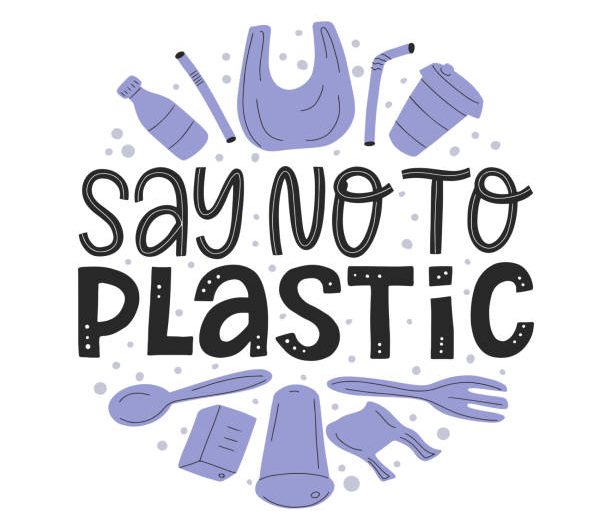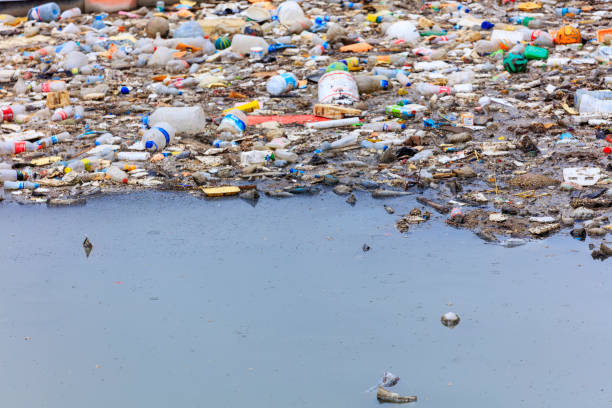
Anil Sethi, Chairman, Pump Academy Private Limited
Sustainable environment is intrinsic to all forms of life. On World Environment Day today, we are reminded of the crucial importance of caring for the environment and preserving ecological balance. This year’s theme “beat plastic pollution” is a pressing and existential concern. It also underscores the vital role of plastic and microplastics has on our lives and need to reduce it for maintaining the environmental equilibrium that supports life on Earth.
As per the information provided on the UN observances page, the annual production of plastic exceeds 400 million tonnes, with half of it intended for single-use purposes. Shockingly, less than 10% of this plastic is recycled, resulting in an estimated 19-23 million tonnes polluting lakes, rivers, and oceans every year while approximately 85 per cent ends up in landfills or as unregulated waste. The pervasive issue of microplastics, which are tiny particles measuring up to 5mm in diameter, further compounds the problem as they contaminate food, water, and even the air we breathe. It is estimated that each individual consumes over 50,000 plastic particles annually, and this number significantly increases when considering inhalation as well.
The immense ecological challenge we face serves as a resounding wake-up call, demanding our immediate attention and determined efforts to address increasing pollution, combat climate change, and reduce carbon emissions. Fresh water, being a vital environmental resource, plays a crucial role in sustaining life and supporting various ecosystems. Water infrastructure, including pumping stations, necessitates a strong commitment to environmental consciousness. Creating a sustainable environment apart from other measures also requires optimizing water treatment plants, pump systems, and supply networks to maximize energy efficiency, minimize waste, and reduce environmental impact by lowering carbon emissions.
According to estimates, pump systems contribute to approximately 20% of the global demand for electrical energy, and in certain applications, they account for 25% to 50% of electrical energy usage. Pumps are the largest consumers of electricity within various industrial sectors.


At Pump Academy Private Limited, we are dedicated to implementing sustainable practices in the field of pumping technology. With the assistance of iPUMPNET, an IoT-enabled system that revolutionizes the management of pumping stations. It provides a range of advanced technological solutions designed to enhance operational efficiency, reduce energy costs, extend the lifespan of pumps, minimize overall lifecycle expenses, and virtually eliminate breakdowns and frequent maintenance requirements through powerful analytics. Through comprehensive implementation, knowledge sharing, and cutting-edge technology, we aim to create a greener and more sustainable future for the pumping industry.
Environmental sustainability is not a luxury; it is a necessity for the survival and well-being of all living beings. By embracing smarter and greener technology and encouraging others to do the same, we can create a brighter and healthier future.
On World Environment Day, let us reaffirm our commitment to the environment and take action to safeguard our planet. Together, we can build a world where nature thrives, where ecosystems are protected, and where future generations can enjoy the beauty and abundance of our planet.

